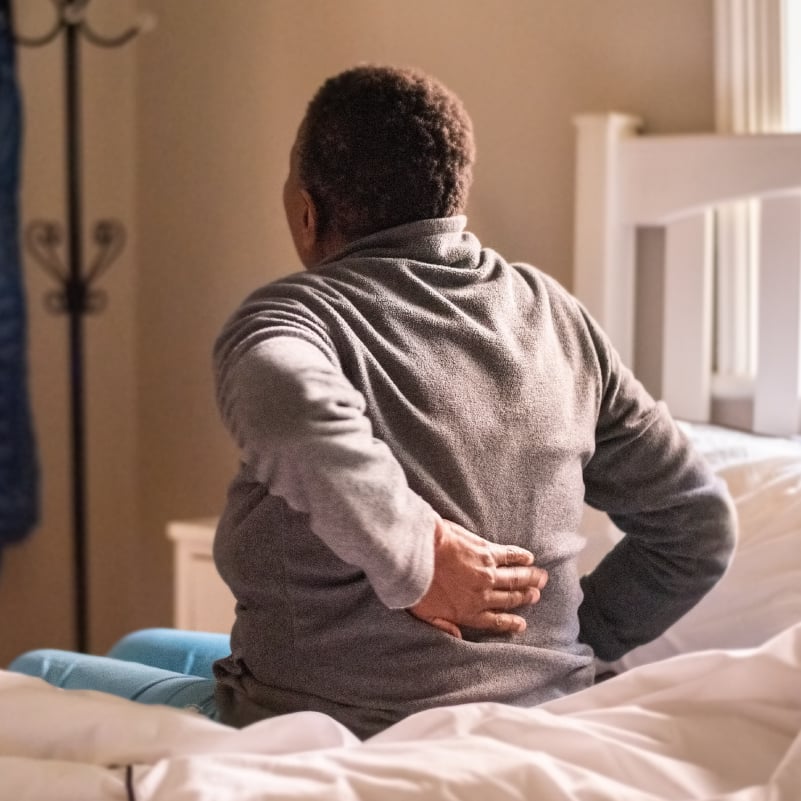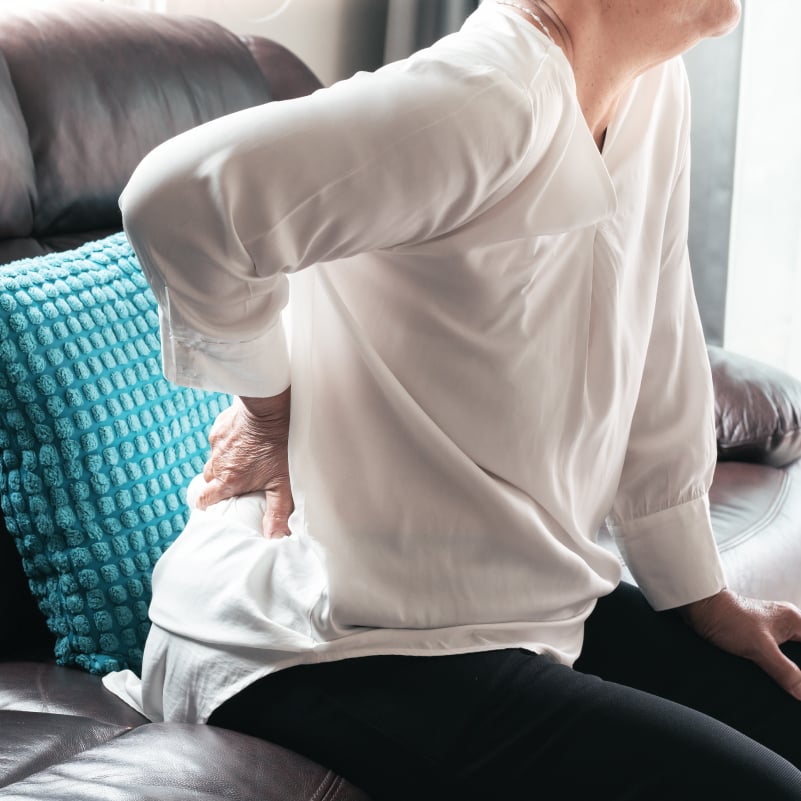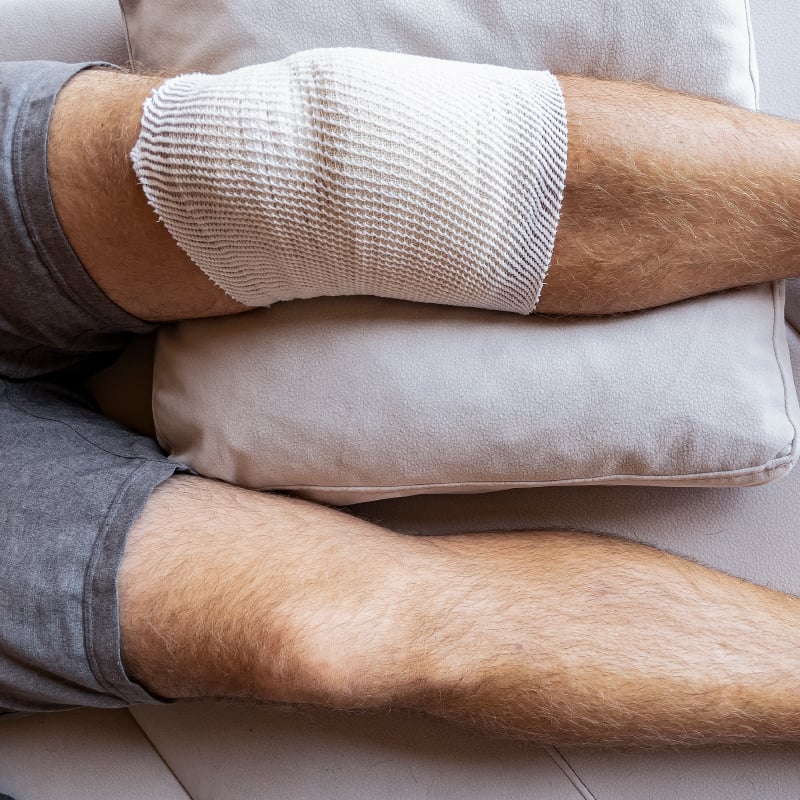Relief for Your Pain, Tailored to You
Pain doesn’t have to be a constant part of your life. Our comprehensive pain management services are designed to address your specific condition, offering a blend of modern treatments and compassionate care. We’re here to help you manage and reduce pain, so you can focus on living a fuller, more active life.
Our Approach to Pain Management
At our pain management centers, we believe in treating the whole person, not just the symptoms. Our multidisciplinary team collaborates to create a treatment plan tailored to your unique needs. By combining advanced medical techniques with a holistic understanding of your condition, we aim to reduce pain, restore function, and improve overall well-being. We focus on non-invasive and minimally invasive treatments, utilizing evidence-based practices to ensure you receive the highest standard of care. From diagnosis to recovery, our team works collaboratively to ensure that your treatment is both comprehensive and effective, providing long-term relief and improved function.
Conditions We Treat
We specialize in diagnosing and treating a wide range of pain conditions, including but not limited to:
- Abdominal pain
- Arthritis and joint pain
- Cancer-related pain
- Chronic back and neck pain
- Complex regional pain syndrome (CRPS)
- Fibromyalgia
- Headaches and migraines
- Musculoskeletal pain syndromes
- Neuropathic pain
- Osteoporosis-related pain
- Pelvic pain
- Phantom limb pain
- Pinched nerves (radiculopathy)
- Post-herpetic neuralgia (shingles)
- Post-trauma pain
- Post-surgical pain
- Pudendal neuralgia
- Sacroiliac joint pain
- Sciatica
- Sports injuries
- Trigeminal neuralgia
Our Services & Treatments
Our pain management services include a variety of non-invasive and minimally invasive treatments designed to provide lasting relief.
- Diagnostic imaging
- Dorsal rhizotomy
- Epidural steroid injections
- Joint and nerve injections
- Minimally invasive decompressions
- Medication management
- Nerve blocks
- Physical therapy and rehabilitation
- Platelet-rich plasma (PRP) therapy
- Radiofrequency ablation
- Spinal cord stimulation
- Trigger point injections








